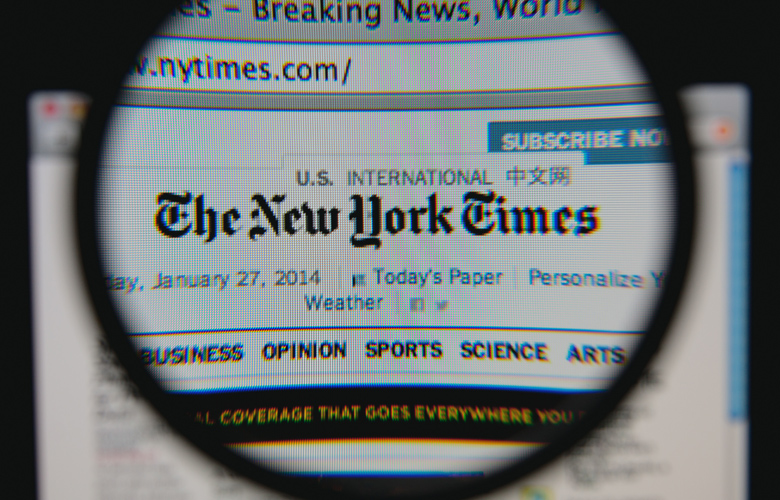“They used our work to develop and market their AI products without our permission”
The American newspaper New York Times initiated criminal proceedings in a New York court against OpenAI, creator of the ChatGPT software, as well as Microsoft, its main investor, for copyright infringement, AFP learned today.
“As the lawsuit explains, Microsoft and OpenAI used our work to develop and commercialize their products artificial intelligence without the permission of the Times,” a spokeswoman for the newspaper told AFP, assessing that this is indeed a violation of copyright in terms of content and journalistic work.”
According to the lawsuit, the newspaper estimates the damage it suffered, both in practice and in law, at “several billions of dollars.”
“Defendants’ genetic artificial intelligence is based on massive learning models built by copying and using millions of copyrighted Times articles,” the newspaper added.
Also, the Microsoft and OpenAI “gave Times content a special focus in building their learning model, underscoring a preference that recognizes the value of this work.”
The newspaper also explains that it has tried to negotiate with the two companies in order to “obtain adequate compensation for the use of its contents” but so far unsuccessfully.
“Copyright laws protect our journalism. If Microsoft and OpenAI want to use our work for commercial use, they are required by law to ask for permission first. They didn’t,” insisted a spokeswoman.
When contacted by AFP, neither Microsoft nor OpenAI had an immediate comment.
In mid-December, OpenAI reached an agreement with German group Axel Springer, publisher of the Bild tabloid, to pay it to provide the group’s content in answers to questions posed by ChatGPT users, APE BPE noted.
Under the terms of this partnership, which the two actors present as unprecedented, users who ask a question on ChatGPT will receive in response summaries of articles published by the publications of the Axel Springer group, namely Politico, Business Insider and Bild newspapers and Welt.
Ever since ChatGPT launched a year ago, Silicon Valley giants have been engaged in a frenzied race for genetic artificial intelligence. This allows to get texts, photos or lines of code equivalent to those produced by humans, with a simple search in the current language, models mainly thanks to the amount of content that exists on the internet.








